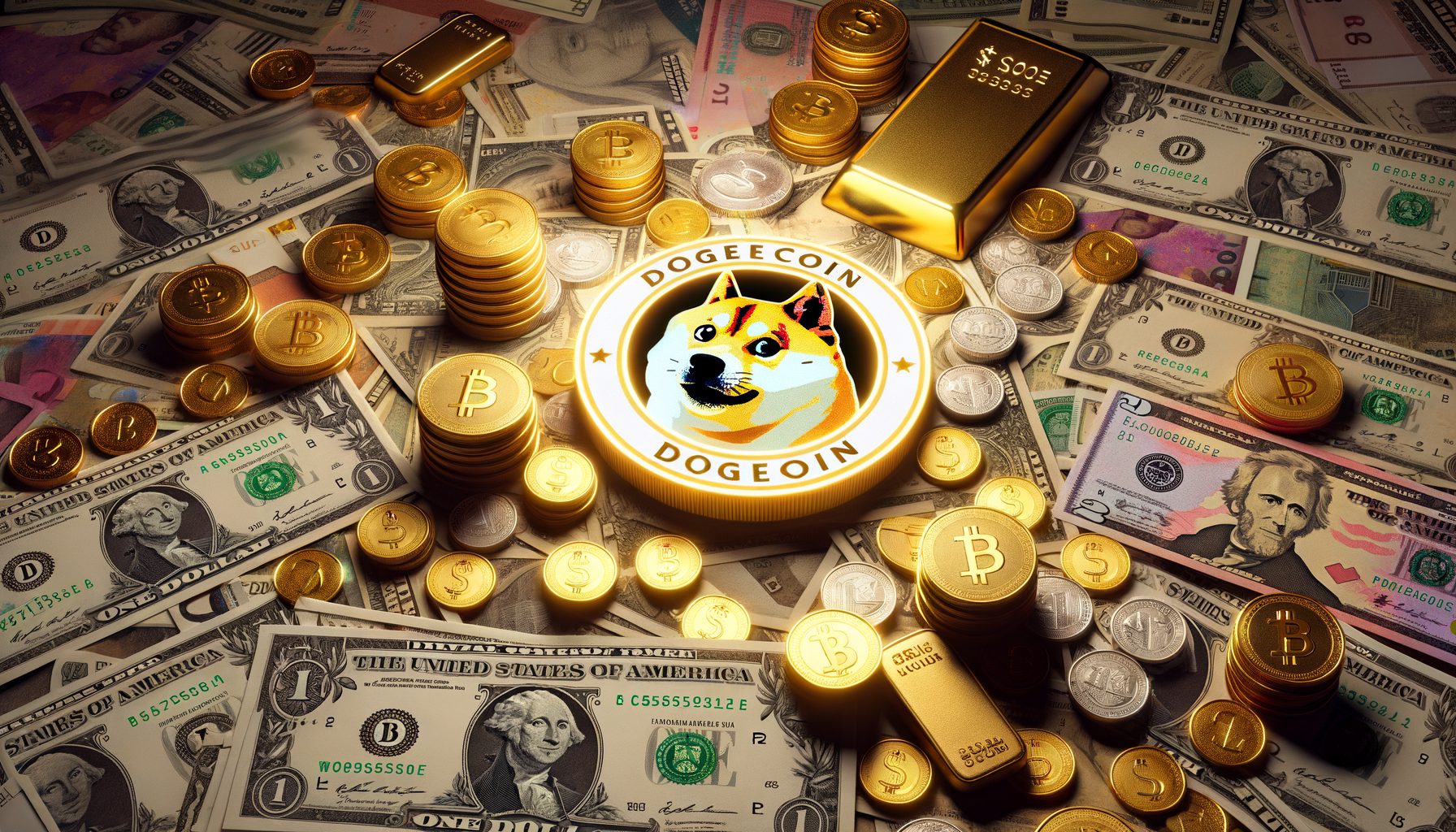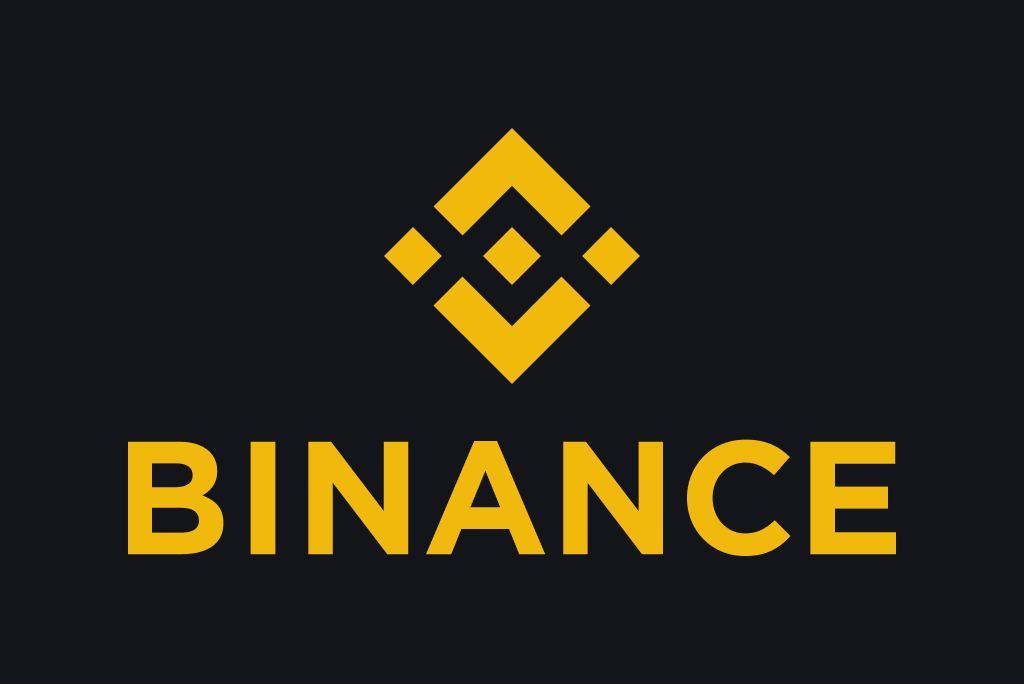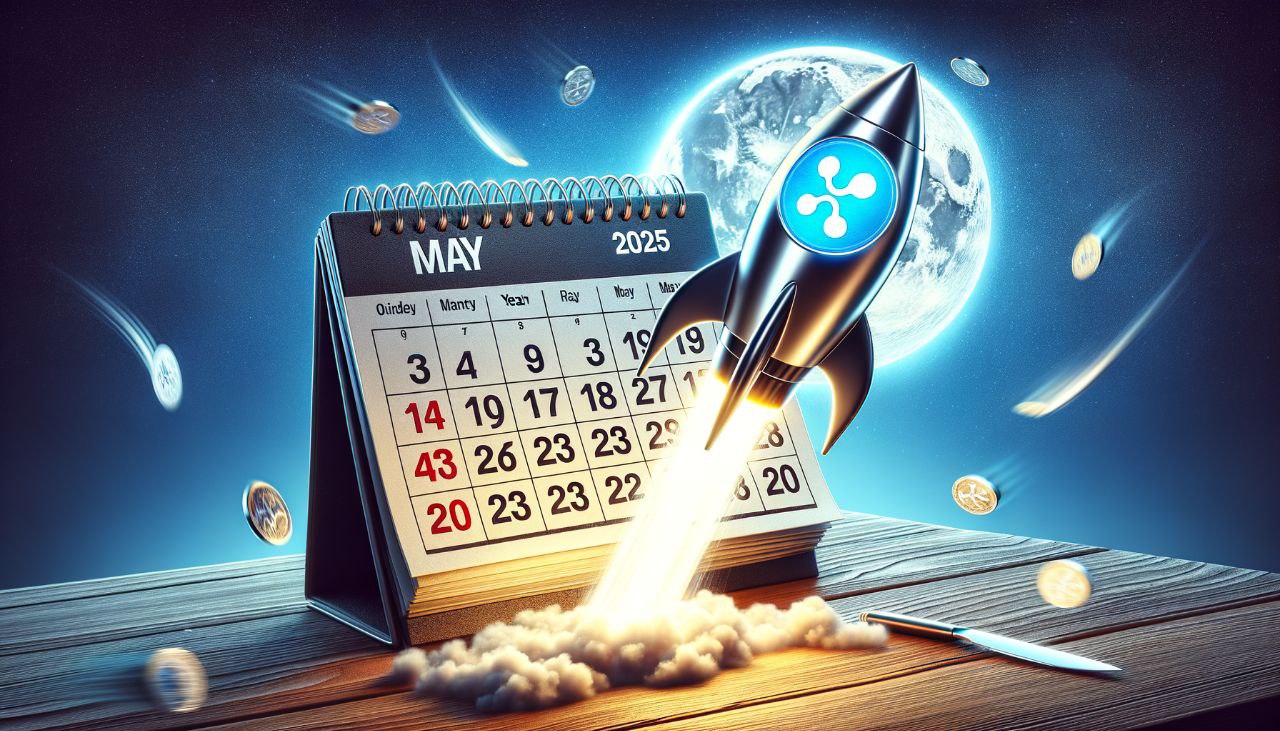“This is a typical stagflation shock.”Torsten Slok, chief economist at Apollo Global Management, sounded the alarm in his latest research report. The agency warned that after the Trump administration's "liberation day" this month,Container ships from China to the United States have fallen sharplyAccording to the 20-40-day transportation cycle, a cargo vacuum will appear in ports across the United States from mid-May, which will then trigger a chain reaction: truck transportation demand collapses → retail inventory is exhausted → spring sales are sluggish → large-scale layoffs from the end of May to early June.“At the latest summer of 2025seasonA full-scale economic recession will be inevitable. ”
The research report pointed out that although the tariff plan was announced only a few weeks ago,The ghost of stagflation has begun to appear——Trade conflicts simultaneously hit supply chain efficiency and total trade volume, resulting in stagnation of economic activities; and the imposition of reciprocal tariffs on imported goods has pushed up prices and weakened market competition.This combination of "stagnation of growth + soaring inflation" is an economic nightmare that has not occurred in forty years.
The latest survey by CEO magazine shows that 62% of corporate executives predict an economic slowdown or recession in the next six months. The proportion of CEOs who believe there will be a "severe recession" soared from 9% in March to 14% in April. What's more amazing is thatAt the beginning of the year, 84% of CEOs expect revenue growth, while this rate plummeted to 49% in the April survey; Those who expect revenue declines surged from 9% to 44%.
Apollo chief economist Sloke released the latest chart last Sunday showing:The proportion of families who only repay the minimum repayment of credit cards hits record high. Philadelphia Fed data confirms that the "lowest repayment" ratio of credit card accounts has reached its 12-year peak, and the default rate is approaching or setting a new record.
Consumer surveys from the University of Michigan Institute of Social Studies showed that the consumer confidence index in April fell to 52.1 from 57 in March. About two-thirds of consumers believe that the unemployment rate will rise this year (this rate was only one-third half a year ago). "It is shocking that consumer concerns about the income outlook are increasing," director and economist Joanne Hsu warned in the report.
The survey shows:Less than 50% expect revenue growth, and nearly two-thirds believe purchasing power will continue to shrink in the coming months。
















No comments yet